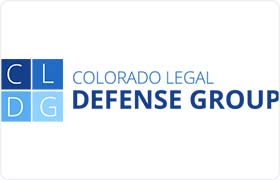Jefferson County, CO Misdemeanor Lawyers, page 7
Sponsored Law Firm
-
 x
x

Click For More Info:
-
Colorado Legal Defense Group
2801 Youngfield St. Ste. 300 Golden, CO 80401» view mapCriminal Colorado Criminal Defense Lawyers
Our Colorado criminal defense attorneys handle all types of criminal cases -- from Colorado DUI / DWAI and Colorado domestic violence cases, to drug crimes and juvenile crimes.
800-764-8851
Not enough matches for Jefferson Misdemeanor lawyer.
Below are all Jefferson Criminal lawyers.
Tracy J. Jones
Divorce & Family Law, Family Law, DUI-DWI, Elder Law, Child Custody
Status: In Good Standing *Status is reviewed annually. For latest information visit here Licensed: 27 Years
Wayne Edwards
Criminal, Family Law
Status: In Good Standing *Status is reviewed annually. For latest information visit here Licensed: 11 Years
 Melissa Garscin Denver, CO
Melissa Garscin Denver, CO AboutColorado Legal Defense Group
AboutColorado Legal Defense Group Practice AreasExpertise
Practice AreasExpertise